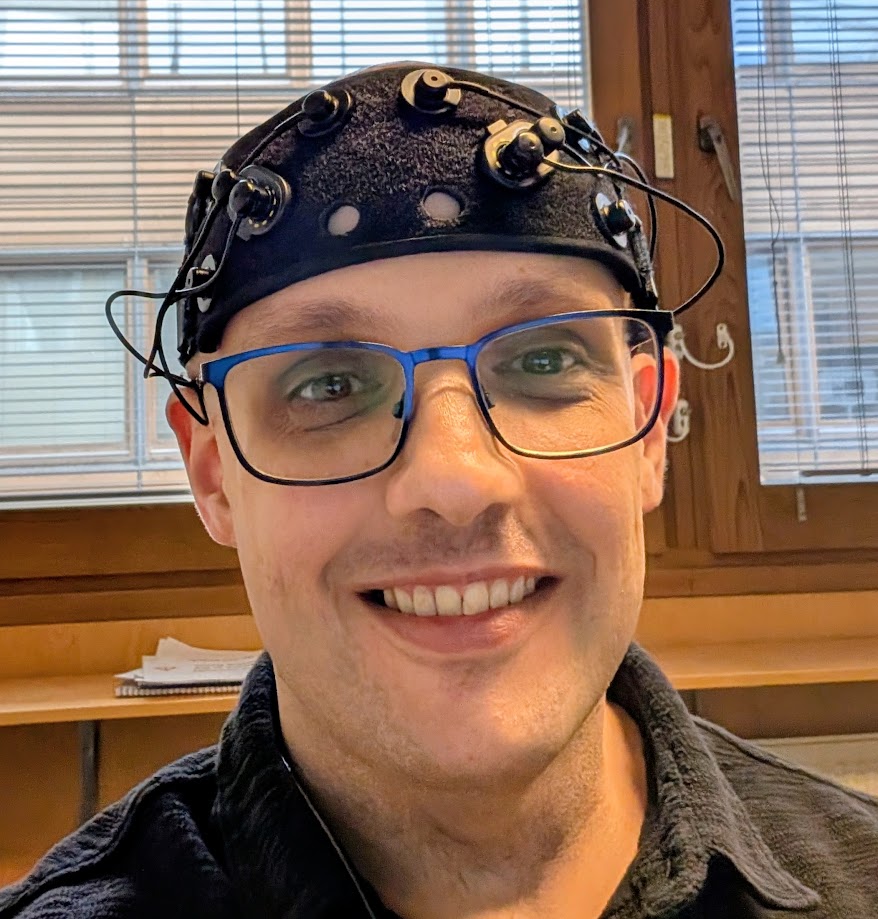I am an Assistant Professor in the School of Computer Science of the University of Nottingham. This site serves as a point of contact to find me.
I have had the chance to work in several teams and interact with people of many backgrounds: software engineers, computer scientists, petroleum geologists, education researchers, linguists, and many I am forgetting. This has given me a strong taste for interdisciplinary, collaborative research. If you share this taste and are looking for a collaboration, feel free to get in touch with me.

Find out more about my research interests here.
Find out more about my teaching here.
I wear several administration-related hats within the computer science department, such as deputy director of our postgraduate research, lead of the MSc in data science, and lead of the AI teaching theme. There is no page about this because I can’t see why anyone would be interested in it, but feel free to reach out if that’s the case.
About letters of recommendation
I have a bad case of referral fatigue so I will look for any excuse to avoid writing them. Here are a few tips you can use to trick me into writing them:
- Politely ask for them. If I receive a request from a university about an application I never heard about before, I will ignore it and you will look bad.
- Don’t ask for too many of them. I take pride in my work, whether it is teaching or research, so letters of recommendation take time. Show me that you respect my time by asking for a couple of references instead of bombarding my name on a dozen of them.
- Make sure that I know you. Me teaching a module is not enough, even if you got a good grade (a good grade is not indicative that you will be fit for a Masters or a PhD). Sending me your previous transcripts from high school is also not very convincing.
- Show me that you know me. If you are asking me to write a reference letter for an engineering school, I will know that you have not even spent a minute researching what I do and what I am qualified to comment on. If you can’t do that little amount of research, how can I recommend you for something as significant as a postgraduate degree?